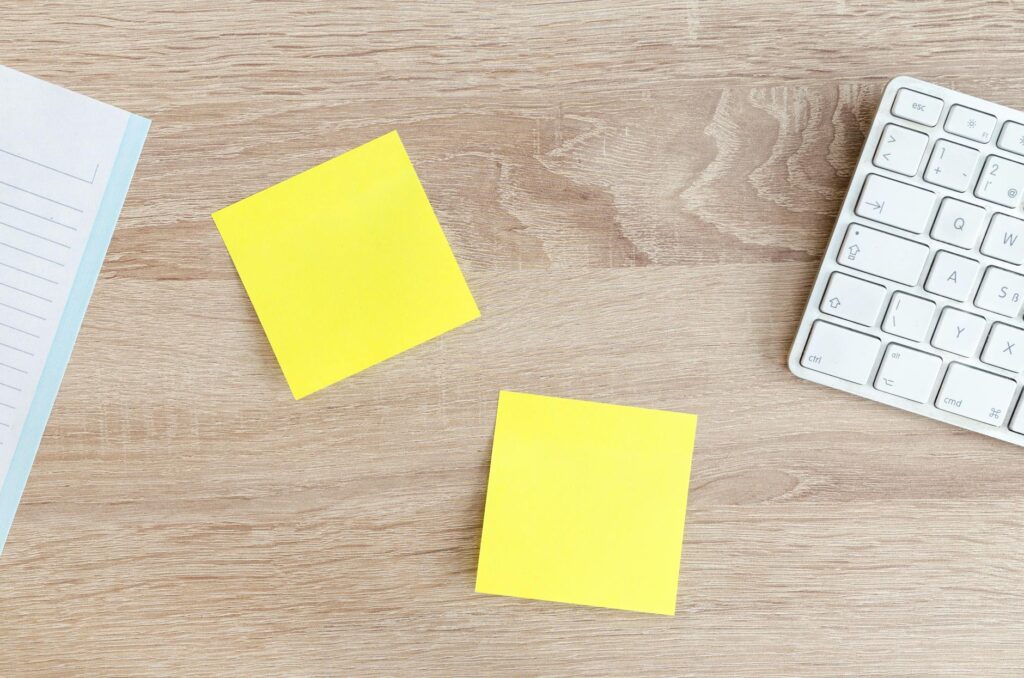What is note-taking techniques for efficiency?

What is note-taking techniques for efficiency?
In today’s fast-paced world, effective note-taking is more than just scribbling down information. It’s a skill that can significantly enhance productivity and support our learning journey. As we navigate through meetings, lectures, and countless sources of information, how we capture and organize that knowledge can mean the difference between clarity and chaos. So, let’s explore various note-taking techniques for efficiency and how they can transform your approach to learning and productivity.
Understanding Note-Taking Techniques
Note-taking techniques refer to the different methods and strategies individuals use to record information effectively. The relevance of these techniques lies in their ability to streamline the way we gather, retain, and recall information. They help in organizing thoughts, making connections, and enhancing understanding. Whether it’s in a classroom, during a meeting, or while pursuing personal projects, efficient note-taking can make a remarkable difference.
The Role of Note-Taking in Productivity
Effective note-taking serves several essential functions. First, it helps streamline workflows by providing a clear reference point for later review. Think of it as a map guiding you through complex concepts or tasks. Second, it enhances information recall. When we take notes, we engage with the material, which can lead to better retention. As noted in The Importance of Notetaking, good notes can keep you alert and focused, making the learning process more productive.
Different Styles of Note-Taking
Various styles of note-taking can suit different preferences and contexts. Here are a few notable ones:
- Cornell Method: This method divides the page into sections for notes, cues, and summaries. It encourages active engagement with the material.
- Mind Mapping: A visual tool that organizes ideas around a central concept, making connections clear and boosting memory.
- Bullet Journaling: A flexible system that combines task management with note-taking, allowing for reflection and planning.
These styles cater to different learning preferences and can significantly improve efficiency in capturing information.
Key Note-Taking Techniques for Efficiency
Let’s dive deeper into specific techniques that can enhance your note-taking efficiency.
The Cornell Method
The Cornell Method is structured yet simple. It involves dividing your paper into three sections: a narrow left column for cues, a wider right column for notes, and a summary section at the bottom. This layout promotes active engagement with the material. After the lecture or meeting, you can write down key points in the right column, add questions or cues in the left column, and summarize the information at the bottom. This technique not only helps organize notes but also prompts review, reinforcing what you’ve learned.
Mind Mapping
Mind mapping is a highly visual technique that allows you to see the relationships between concepts. By starting with a central idea and branching out with related thoughts, you create a web of information. This technique helps in connecting ideas and is particularly useful for brainstorming sessions or studying complex topics. It engages both sides of the brain, aiding in memory retention. You can explore more about mind mapping on platforms like Goodnotes.
Bullet Journaling
Bullet journaling combines note-taking with task management. It uses symbols and short phrases to track tasks, events, and notes in one place. This method is versatile; you can adapt it to fit your unique needs. It encourages reflection, allowing you to assess what’s working and what’s not. Bullet journaling promotes a proactive approach to managing both notes and tasks, helping you stay organized.

Photo by Lukas
Implementing Note-Taking Techniques in Daily Life
Integrating these techniques into your daily routine involves practical steps that can make a substantial difference.
Choosing the Right Tools
Selecting the right tools for note-taking can dramatically affect your efficiency. Digital tools offer the advantage of organization and easy editing, while paper notes can enhance memory through the physical act of writing. Consider what works best for you. If you prefer digital tools, explore options like Box’s note-taking methods for insights on various digital platforms.
Establishing Consistent Habits
Creating a routine around note-taking can help cement this practice into your daily life. Set aside dedicated time for review and practice your chosen techniques regularly. Whether it’s summarizing notes at the end of the day or revisiting them weekly, consistency will lead to improved retention and understanding.
Measuring the Effectiveness of Note-Taking Techniques
Evaluating the effectiveness of your note-taking techniques is crucial for continuous improvement.
Feedback and Iteration
Regularly review your notes and assess what works and what doesn’t. Are you able to recall information effectively? Do your notes make sense when you revisit them? Gathering feedback from peers or mentors can provide valuable insights into how to refine your approach.
Tracking Progress
Tracking your progress in understanding and retaining information can help identify areas for improvement. Consider keeping a journal of your learning experiences and how effective your notes were in helping you grasp different concepts. Over time, you’ll be able to see patterns and adjust your methods accordingly.
Conclusion: Mastering Note-Taking for Greater Efficiency
In conclusion, adopting note-taking techniques for efficiency is a powerful investment in your personal development and productivity. By exploring methods like the Cornell Method, mind mapping, and bullet journaling, you can find what resonates with you. The key is to experiment with different techniques until you discover a system that enhances your learning and retention. Start today, and watch how effective note-taking transforms your approach to knowledge and productivity!